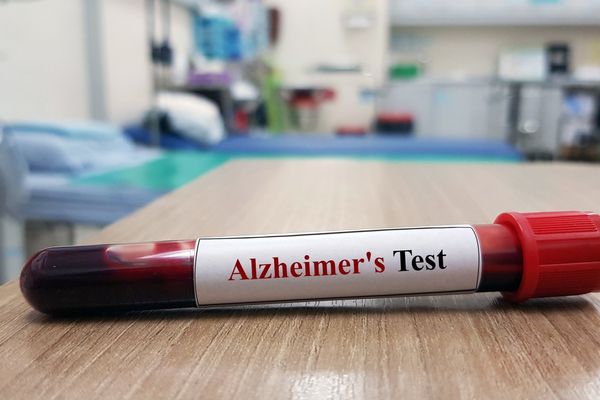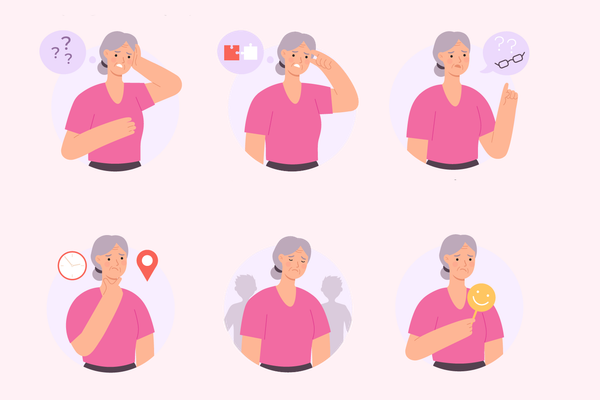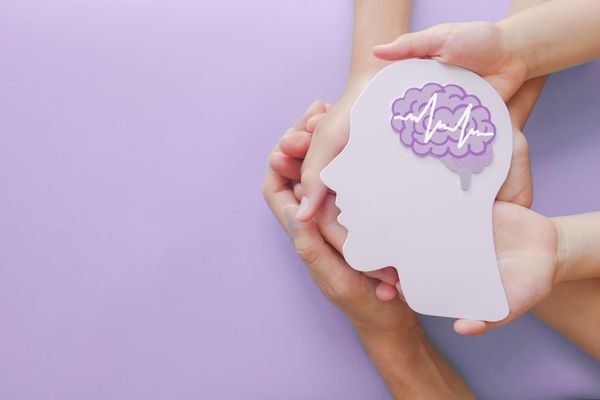Until recently, preventing Alzheimer's disease seemed out of the reach of medical research. After all, if researchers couldn't tell us for sure what caused the disease, then how could they identify things that might prevent its development?
Well, by conducting well-designed population and clinical studies, it seems. The results are impressive and encouraging. Here are some of the major ones I think are worth highlighting:
- Regular exercise. Turns out that regular physical activity can reduce the risk of Alzheimer's disease by up to 50 percent in all individuals, and up to 60 percent for women with high levels of physical activity.
- Regular use of nonsteroidal anti-inflammatory drugs (NSAIDs) , like aspirin or ibuprofen. Now, I'm not suggesting that you begin taking a daily aspirin to prevent Alzheimer's disease; that link hasn't been proven yet. But since taking a baby aspirin daily is recommended to prevent cardiovascular disease in highrisk individuals, you might want to talk to your doctor about this option. In one large Canadian study, regular use of NSAIDs was significantly related to a 35 percent reduction in the risk of Alzheimer's disease, results duplicated in several other population-based studies.
- Stretch your mind. Certain activities that stretch your mind, like chess or crossword puzzles, actually help rewire your brain, increasing the number of synapses, or connections, between brain cells. One study found such activities could lower your risk of developing Alzheimer's disease or any other form of dementia by as much as 75 percent. So find a piano teacher, sign up for a bridge club or pull out the chess board and challenge your partner or best friend to a round.
- Eat a healthful diet. Specifically, studies suggest that fruits and vegetables high in antioxidants (the darker the better), cold-water fish high in omega-3 fatty acids and nuts (good sources of vitamin E) can play a protective role. One study of elderly women showed that those who ate the most green, leafy and cruciferous vegetables (spinach, kale, and dark salad greens) had the thinking ability of slightly younger women than those who ate few of these vegetables. Along the same lines, limit high-fat, high-cholesterol foods low to protect the health of your blood vessels.
- Maintain a healthy weight. If you follow all the other advice, this should be a cinch. But it's important — one major, long-term study of 1,500 adults presented at the 9th International Conference on Alzheimer's Disease and Related Disorders in 2004 found those who were obese in middle age were twice as likely to develop dementia in later life. For more information, check out the Alzheimer's Association's Maintain Your Brain campaign: www.alz.org
Coping Strategies for Living with Alzheimer's Disease
Your doctor has probably prescribed several medications to help with the depression, sleeping problem and anxiety that often accompany Alzheimer's disease. But there are other strategies you can use to help your loved one cope with these issues. For instance, any kind of exercise, be it walking, swimming, or even T'ai chi, is fun, stimulating and can help improve sleep.
Additionally, most people with Alzheimer's disease, particularly in the earlier stages, prefer to do useful and purposeful activities rather than be entertained, but they need cueing and guidance to stay on task. So try involving them in some modified housework or volunteer work (folding laundry, dusting, stuffing envelopes).
Failure-free social events with other Alzheimer's disease families are also a great idea — picnics or cultural events where no one has to remember names and where there is a greater tolerance for unusual behavior. Also, music seems to be universally appealing — many people can remember lyrics or how to play instruments that they learned as children.
It's also very important that you register your loved one with the Alzheimer's Association's Safe Return program, a national program that helps locate lost and wandering people before they get hurt. Visit: www.alz.org.







